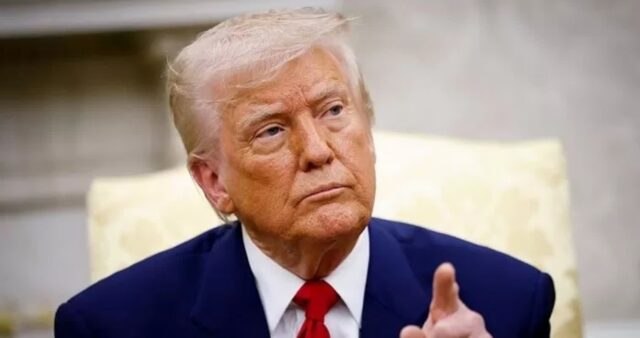
The Carter Center confirmed his death in a statement, saying that he passed away peacefully, surrounded by family. Atlanta Journal-Constitution (AJC) reported that the time of death was 3:45 p.m.
Carter had faced various health challenges in recent years, including a battle with cancer. In February 2024, he decided to discontinue medical treatment and entered hospice care. In October 2022, on his 98th birthday, he became the longest-living U.S. president in history, surpassing George H.W. Bush’s record.

Carter’s political career began in 1962 when he was elected a Georgia state senator. After serving as governor of Georgia, he won the 1976 presidential election, defeating incumbent Republican President Gerald Ford.
One of his most enduring accomplishments as president was brokering the Camp David Accords in 1978, a historic peace agreement between Egypt and Israel. Carter invited Egyptian President Anwar Sadat and Israeli Prime Minister Menachem Begin to Camp David, where they negotiated the terms of the agreement, leading to a peace treaty between the two nations in 1979.
However, Carter’s presidency faced significant challenges. Economic struggles, including stagflation (a combination of high inflation and unemployment) and foreign policy setbacks, such as the 1979 Iran Hostage Crisis, ultimately led to his failure to secure re-election.

In the 1980 presidential election, Carter lost to Republican Ronald Reagan, serving only one term in office.
After leaving office, Carter’s influence remained strong, mainly through his philanthropic and humanitarian work. In 2002, he was awarded the Nobel Peace Prize for his tireless efforts to promote peace, democracy, human rights, and disease eradication. He established the Carter Center, where he served as a mediator in international conflicts and worked to promote fair elections worldwide.
Carter was also a passionate advocate for improving housing conditions and participated in the Habitat for Humanity project, helping to build homes for those in need.

Carter also maintained a significant role in international diplomacy, especially in North Korea. In 1994, during the first North Korean nuclear crisis, he visited Pyongyang and met with President Kim Il Sung, paving the way for U.S.-North Korea negotiations. Carter made three visits to North Korea, playing a key role in peace efforts on the Korean Peninsula.
In 2015, Carter was diagnosed with melanoma that had spread to his liver and brain. However, he made an extraordinary recovery and declared himself cancer-free by the end of the year. Despite ongoing health challenges, including a fall that required brain surgery in 2019, Carter continued his advocacy work well into his later years.
Carter’s wife, Rosalynn Carter, passed away in November 2023 at 96. Together, they had four children. The couple’s long marriage and commitment to public service were central to Carter’s life and legacy.
In his final wishes, Carter expressed a desire to have a funeral in Washington, D.C., and to be buried in front of his home in Plains, Georgia, where he spent much of his post-presidency life.
















Comments0